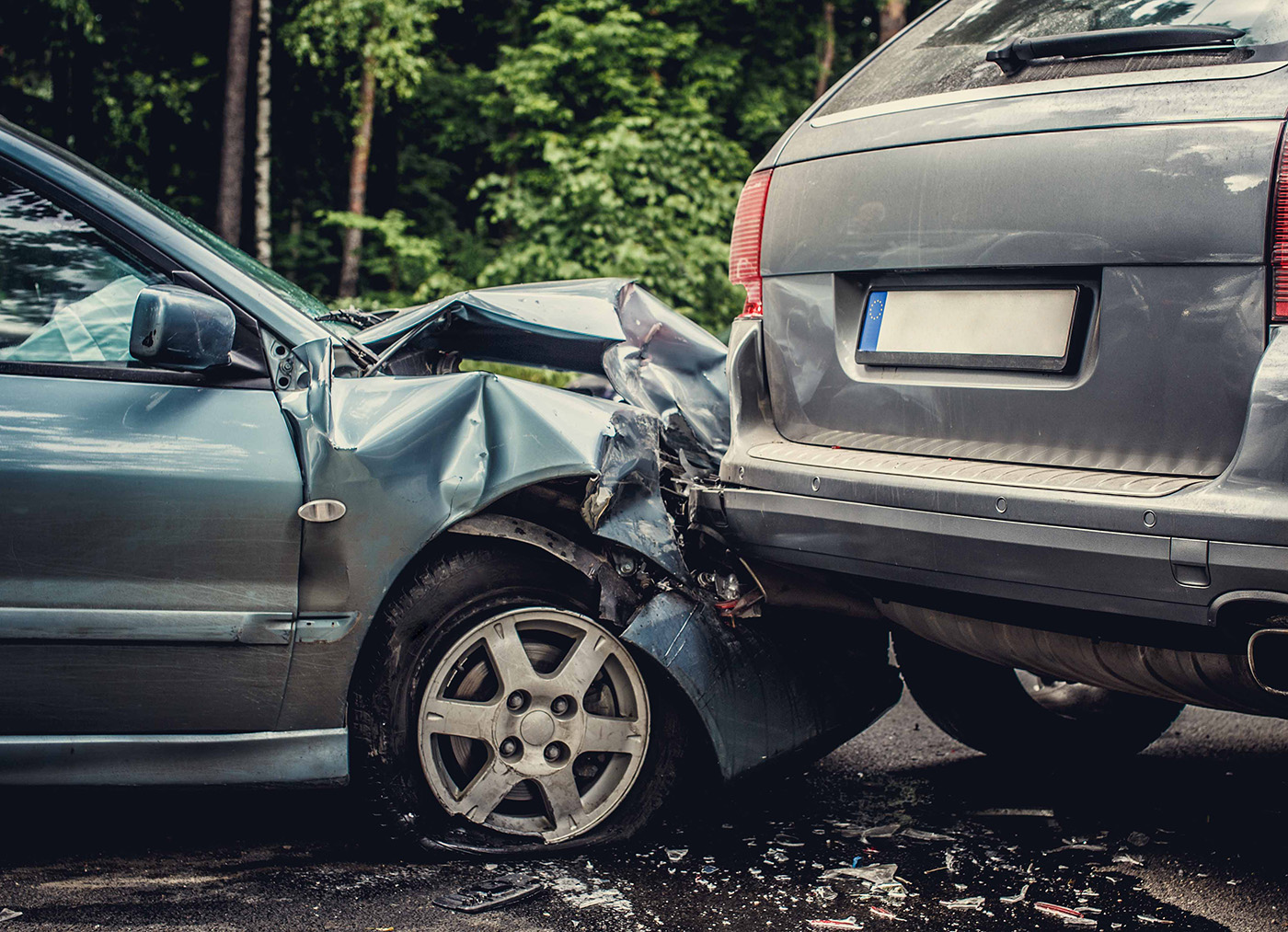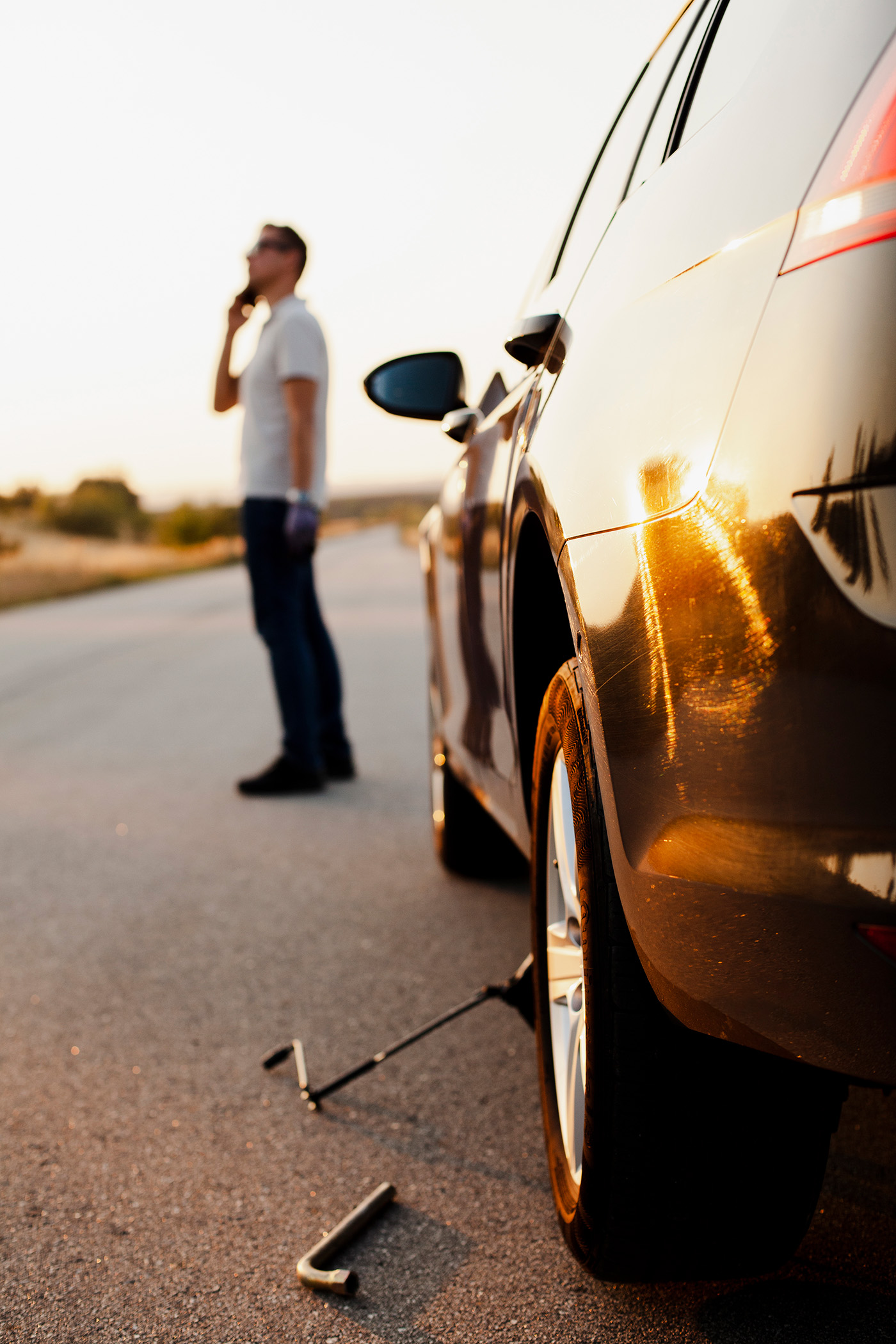Auto insurance is required in 48 states. Unless you live in Vermont or New Hampshire, you need to have an auto insurance policy to drive a vehicle.
What is Automobile Insurance?
Automobile insurance is a personal insurance policy purchased by vehicle owners, usually cars and trucks, to financially protect themselves against physical damage and/or bodily injury costs resulting from traffic collisions, as well as against liabilities which could also arise from them.
In the event of an accident or traffic collision, automobile insurance will cover the costs associated with repairing or replacing your vehicle, as well as any medical expenses incurred by you or your passengers.
It can also provide you with protection against legal liability arising from an accident.
What Can it Cover?
While coverage is specific to each policy, some common features of automobile insurance are typically included.
This can include coverage for:
- Vehicle Repairs: One of the most common features of automobile insurance is coverage for repairs to your vehicle. This can include damage sustained in an accident, as well as damage from weather, flooding, theft, and more.
- Medical Expenses: If you or your passengers are injured in an accident, your automobile insurance policy can help cover the cost of medical treatment. This can include hospitalization, surgery, rehabilitation, and more.
- Legal Liability: If you are found to be at fault for an accident, your automobile insurance policy can help cover the costs of any legal action taken against you. This can include court costs, settlements, and more.
Auto Insurance
Common types of auto insurance include:
Cars/Trucks
Protect your car or truck with the right auto insurance coverage tailored to your needs.
Learn MoreBoats
Stay safe on the water with comprehensive boat insurance that covers you and your vessel.
Learn MoreMotorcycles
Ride with peace of mind knowing your motorcycle is insured against accidents and damage.
Learn MoreATV
Ensure your ATV is fully protected with specialized insurance for off-road adventures.
Learn MoreRV
Get coverage that safeguards your RV, whether you're on the road or at your favorite campsite.
Learn MoreGolf Carts
Keep your golf cart insured with a policy that covers accidents, theft, and liability.
Learn MoreSnowmobiles
Make sure your snowmobile is covered with insurance designed for winter sports enthusiasts.
Learn MoreWhat Does it Not Cover?
While every policy is different, there are some common exclusions typically found in automobile insurance policies.
These can include:
- Wear & Tear: Most automobile insurance policies will not cover damage to your vehicle that is sustained as a result of normal wear and tear.
- Intentional Acts: Most automobile insurance policies will not cover damage that is caused by intentional acts, such as vandalism or theft.
Are there Policy Limits?
Yes, most automobile insurance policies have limits on the amount of coverage they provide.
This means that if the cost of repairs or medical treatment exceeds the limit, you will be responsible for paying the difference.
Many automobile insurance policies also have deductibles, which is the amount you will be responsible for paying out of pocket before your coverage kicks in.
While the insurance company sets policy limits, you can typically choose higher or lower limits depending on your needs and budget.
If you have a loan on your vehicle, your lender may also require you to carry a certain amount of automobile insurance.
Kenneth Rhodes Locations Offering Auto Insurance Policies
| Anderson, SC | Lavoina, GA |
Personal Automobile Liability: Prior to March 1, 1999, insurance companies doing business in South Carolina were required to sell liability insurance. After March 1, 1999, the law changed and insurance companies were no longer required to sell you a policy. Change in the law made companies want to sell auto insurance in SC, and lower rates show the competition has been good.




